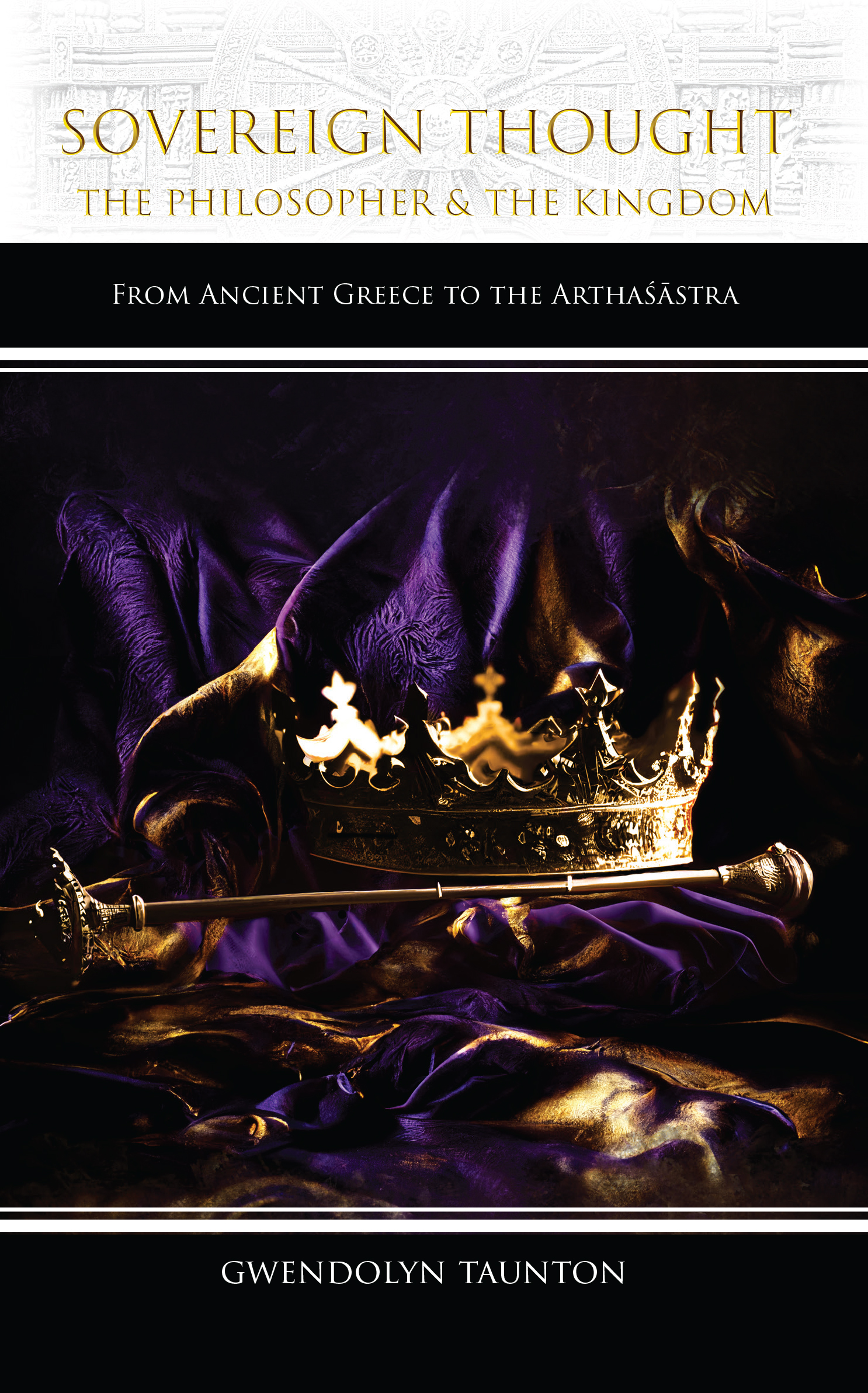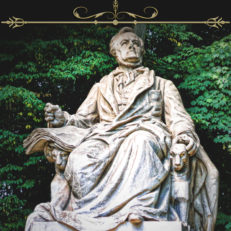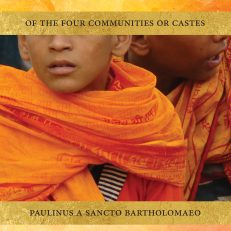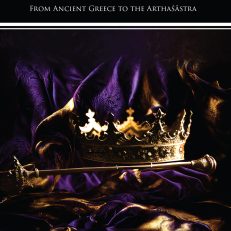Description
From Ancient Greece to the Arthaśāstra
Everything has a point of origin, and the formation of civilization is no exception. For Western culture, the vestigial epoch of cultural birth in Greece contains the best archaeological heritage of societal development, meticulously preserved by scholars.
Equally unprecedented is the spectacular rise of Chanakya/Kautilya and the Mauryan Empire in India, which is one of antiquity’s most astonishing political systems and continues to exert an enormous influence worldwide.
Both ancient Greek and Indian civilizations have left an enduring legacy through Socrates, Plato, and Chanakya/Kautilya. In the West, Plato (and, by default, Socrates) is regarded as the most influential philosopher in history, so much so that many philosophical concepts are mere ‘footnotes to Plato.’
No less extensive is the influence of Chanakya, whose ideas are still studied today. In the West, Chanakya is often referred to as the ‘Indian Machiavelli’ due to his political treatise, the Arthashastra.
Accordingly, the book is split into two sections – one of which chronicles the rise and fall of Greek aristocracy and the philosophical concepts this relates to; the principles of areté, timé, and hybris.
The second section outlines the concept of sacred kingship in India, which arises from Vedic tradition and is continued by Chanakya, who revitalizes and innovates upon older ideas.
Both Socrates and Chanakya have a legendary quality, which at times, borders on being mythological more than mortal, such is the extent of their influence. However, they are also much more complex than a casual glance would imply, exhibiting an extraordinary depth of character and spiritual qualities, which this book will explain.







